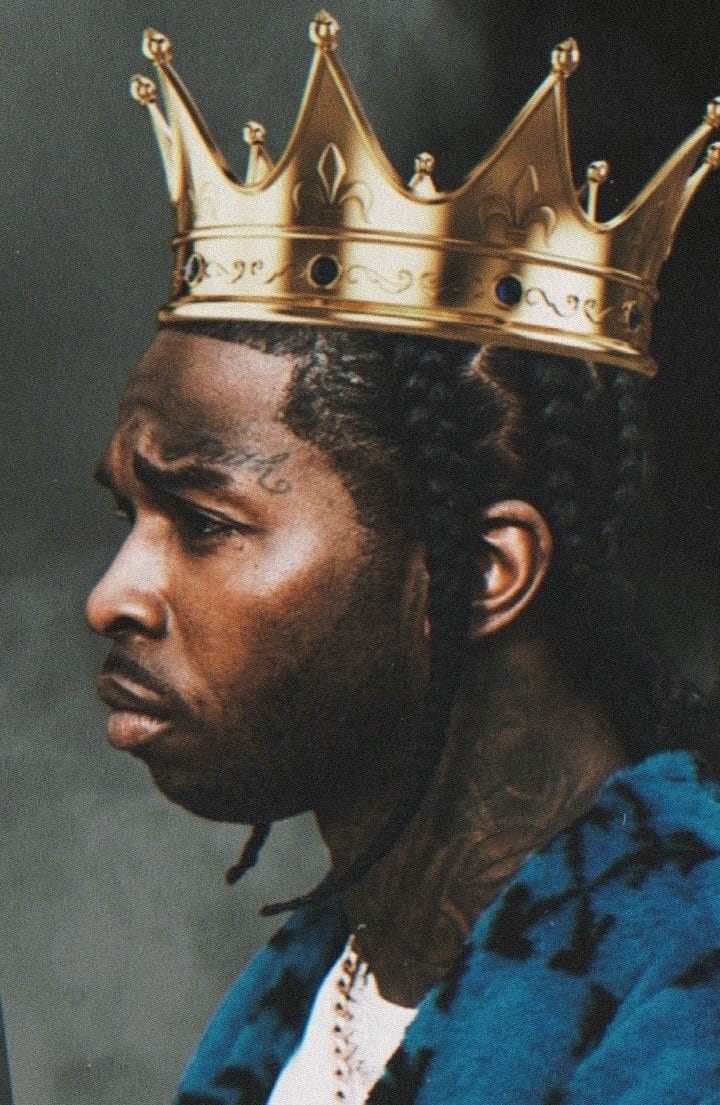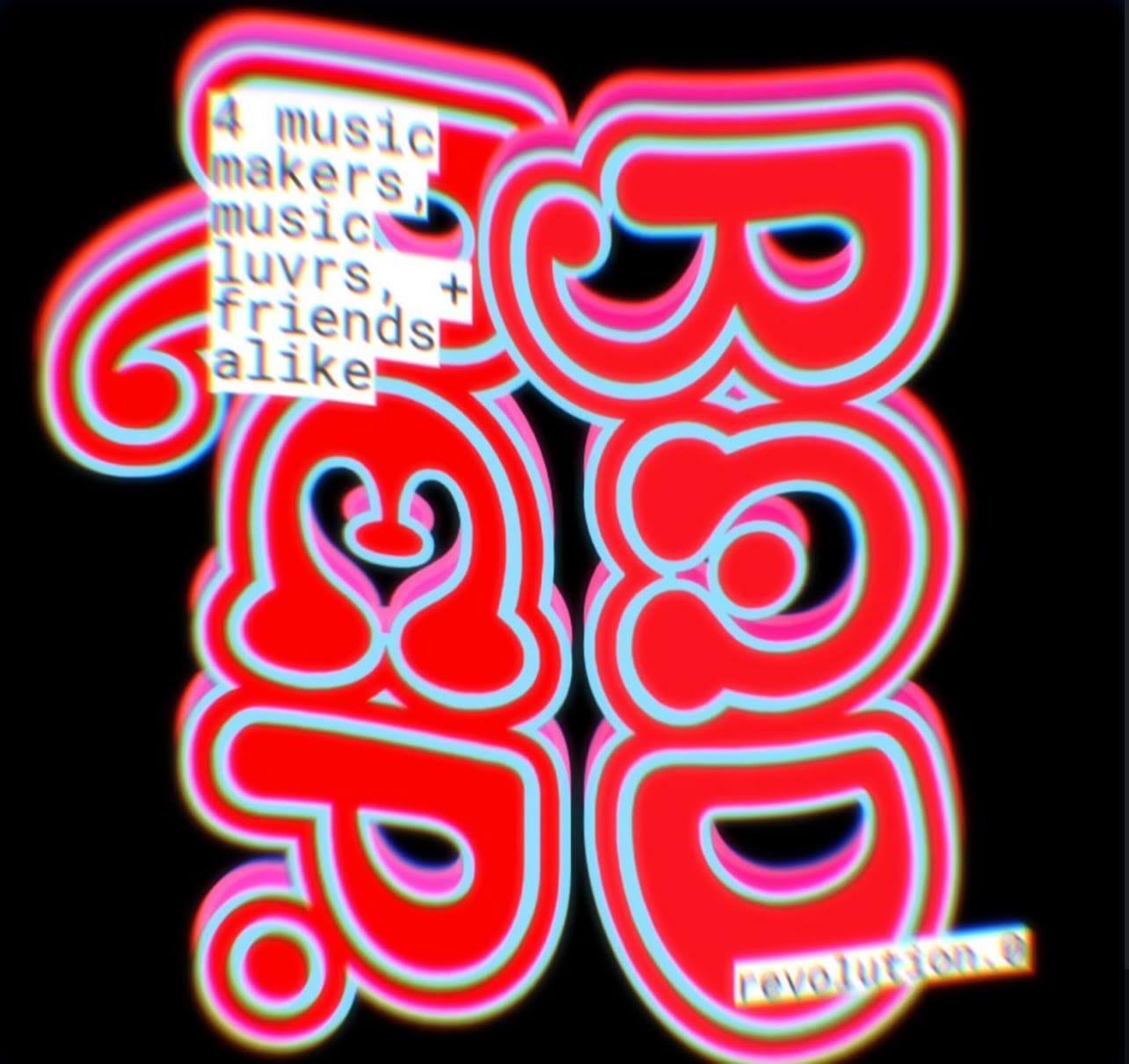'Tell the Vision' by Pop Smoke featuring Kanye West and Pusha T

Pop Smoke wasn’t just a rapper. He was a presence. A gravity shift. A heartbeat in bass form. And when I first heard his voice, it didn’t just hit my ears—it grabbed the room. He sounded like he had lived three lives already. Not just because of how deep or gritty his vocals were, but because there was something ancient and urgent in his delivery. Like he was carrying messages he didn’t even have time to unpack before sharing them with the world.
Born Bashar Barakah Jackson in Brooklyn on July 20, 1999, he moved as if he knew time was limited. And maybe, on some level, he did. There was no hesitation in his rise. He went from unknown to undeniable in what felt like months. Welcome to the Party wasn’t a debut single—it was an arrival. It didn’t ask for permission. It walked in and took the aux cord from the universe. But behind all the energy, behind the aggressive delivery and war-ready bars, there was a kid with big eyes and a soft laugh, still learning how to hold power.
Pop had a kind of internal conflict that you could feel if you really listened. He wanted to be a provider. He wanted to represent his city. He wanted to shine. But he also wanted safety, loyalty, peace, and he rarely got any of that. His voice boomed like it was indestructible, but his eyes in interviews told a different story: “I’m trying to stay alive while becoming who I’m meant to be.” And that tension never left him.
He wasn’t born into drill. He bent drill around him. He gave it swagger, melody, and cinematic pacing. He took UK beats, made them feel like New York subway grime, and then layered them with designer dreams and block paranoia. He made war sound glamorous, but only because he was trying to alchemize trauma into celebration. If you know what survival sounds like, then you know Pop was translating it every time he touched the mic.
And still—he smiled like he wasn’t afraid of anything. Not the feds, not the fame, not even the energy that kept chasing him. He had that Leo boldness in him. Not just confidence—legacy in motion. He didn’t just want to be seen. He wanted to be remembered.
I think what gets left out sometimes is how young he really was. Barely 20. He didn’t get to finish growing up, even as he was writing songs that made him sound like he had grown up five times over. And maybe that’s why so many people resonated with him. He spoke to the part of us that’s trying to build an empire while still healing from the childhood we never felt safe in. He was reaching back and forward at the same time.
When he died—so violently, so senselessly—it didn’t feel real. It felt glitched. Like the simulation couldn’t handle what his energy was doing to the timeline. His death wasn’t just a tragedy. It was a tear in the arc of a generation. One moment he was about to blow forever, the next he was gone. But the weird thing is… he still hasn’t left. Not really. His voice is still everywhere. His patterns are now baked into the culture. His energy was too big for one lifetime.
What hurts is that he was just starting to evolve. On Shoot for the Stars, Aim for the Moon, you could hear him opening up, shifting tone, letting his guard down. He was about to become more than a drill artist. He was on the brink of transcending genre, turning into something rare: a street poet with mainstream weight and emotional vulnerability. And we were just getting to see him soften while staying sharp. That’s the version of him I miss the most—the one who never got to fully arrive.
But even in death, Pop Smoke did what he always did: he made noise that echoed. His story wasn’t complete, but it was loud, beautiful, and unforgettable. And if you’ve ever felt like you’re moving fast but still haunted by something you can’t name… then you already know him.
He was proof that even if you’re running out of time, you can still leave something eternal behind.
The first time I heard Tell The Vision, I just kind of sat with it. Like—not in a “this is a banger” way, but in that way where something clicks somewhere deeper. Pop’s voice comes in and it’s like—he’s not here, but he’s right here. You feel him. Not like a ghost, more like a signal. Like he knew this was supposed to hit after he was gone. The way he says “look…” it’s not a flex, it’s a command. It’s like he’s telling you to see something—where he’s been, where he was going, and why it matters that you’re still here to carry it.
Then Kanye comes in, and you can tell it’s one of those verses where he’s not trying to impress anyone—he’s just channeling. It’s scattered, but not messy. It’s that “I’ve seen too much, but I still believe in something bigger” energy. The line about stacking memories, never ceiling? That hit. That’s exactly what it feels like to build from nothing—trying to turn pain into memory, memory into meaning.
Pusha’s verse though—clean, sharp, focused. He always brings that weight. He cuts through all the noise like, “Here’s what it is. No distortion.” And that kind of groundedness is something I’ve been trying to hold onto in my own way. Like, yeah, life’s chaotic and painful and a lot of people lie—but I still want to move with clarity. That’s what his verse reminded me of.
What I like about this song is that it’s not just about Pop Smoke. It’s a moment to hold the vision with him. It’s raw, it’s big, it’s a little unpolished—but that’s why it works. It’s real. It’s like a baton pass between spirits. It made me think about the people we’ve lost, and the things we still need to say. It reminded me that I’m still here, and I still have things to build. That I still have a voice.
